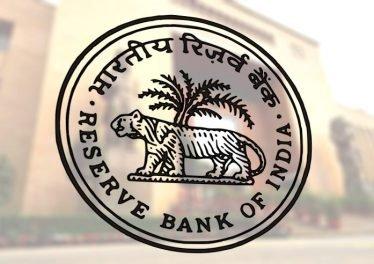Oct 18, 2019
Hearing of Reserve Bank of India Ban on Bitcoin Postponed to November
.
Disclaimer: The views and opinions expressed in this article are for informational purposes only and do not constitute financial, investment, or other advice. Investing in or trading crypto assets comes with a risk of financial loss.
Richard is a versatile fintech analyst with a deep understanding of blockchain domains. As much as technology fascinates him, he finds the intersection of both technology and finance mind-blowing. The firm belief that fintech will drive the future has brought him to the crossroads of Fintech discoveries and transmission of immutable data to a wider audience.
